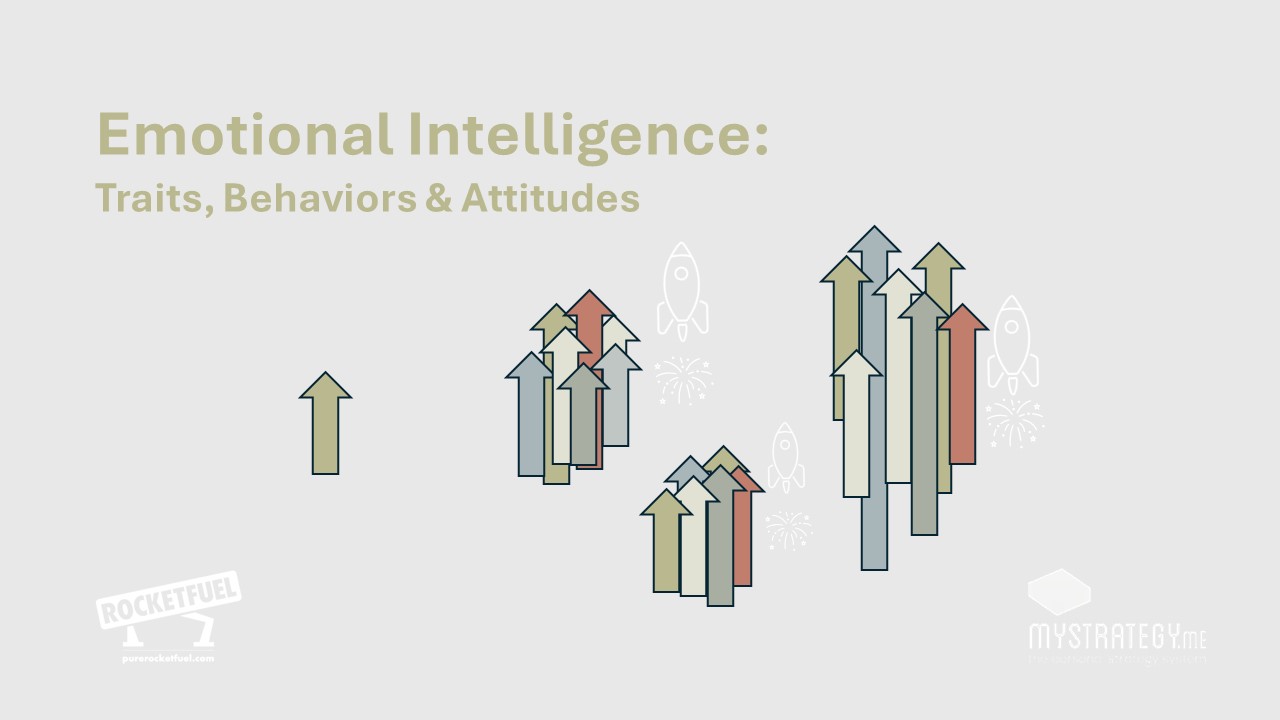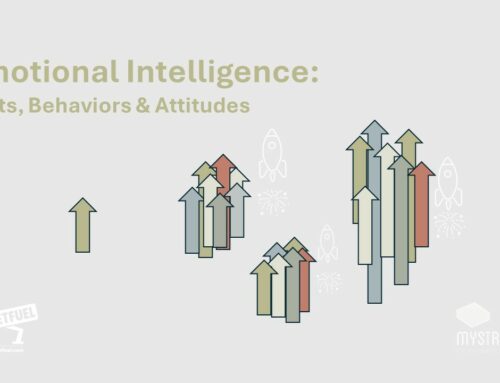
So, we grow up, we mature, we acquire organizational skills…right? “Wrong!”, says Leadership & Performance Coach, Davina Greene
Hands up if any or all of “Now, where did I save that file?”, “Eh…why did we make that product decision last year?”, or “Oh God, it’s audit time – are we anywhere near ready?” are familiar to you – the various shades of organization-related bedlam. Alternatively, if there’s a giant family event to organize, do people come looking for your assistance or do they happily leave you to an eventual guest role?
‘Organizational skills’ sounds like the most boring, organic thing in the world to people who possess them – barely a “skill” at all. To others, they are a painful shortcoming, and a thing seemingly too huge to learn. Where leaders don’t always need them in exceptionally high amounts, managers very much do – it’s the very essence of the Management role.
Organizational Skills: Common Points of Failure
So, what does “being organized” include? Well, quite a lot actually.
Time management would certainly count amongst these organizational skills. Are you the punctual type, keeping yourself on schedule and therefore allowing others to do the same? Or are you endlessly forgetting where you’re meant to be, laughing it off because “nobody will mind”? (P.S. They do).
Decluttering is hugely important – you can’t find anything quickly in a mess. For example, do you leave all of your emails in your inbox, making it look like you’re endlessly overrun with work, or do you use folders, getting things out of your line of vision once you’ve dealt with them? Note-making is equally important; keeping things in your head will eventually take you down (maintaining physical notes also avoids people needing to repeat themselves to you, which is a great reputation-builder).
Do you proudly specialize in lengthy lists? Well, stop it. Stop it right now. A list is of no use if it remains unprioritized and unfiltered. What’s on that list? Should you delegate some of it? Must all of it be done now? Have you distinguished between the nice-to-haves and the must-haves, the minor and the major? Can you defend what you are working on right now, and why? Remember, you need to do the right things, as a result of your organization, otherwise nobody else will agree with you that you are organized! Strategize!
Organizational Skills: The Varying Standards
Very often, a person will be expected to be in perfect control of both big and small things. That’s unrealistic (possible, but tough to expect) – those are two completely different mindsets. A secretary/PA is not the same as a project manager, don’t you agree? A CEO isn’t answering the phones, opening herself up to endless interruptions; likewise, someone taking calls all day is not expected to come up with a company’s strategy.
Some people are great organizers. Some people try hard, but remain bad at it (as much as we tend to dislike Performance Management at work, it really does give the disorganized people a great dig-out). Sometimes people are too organized – refusing to delegate, taking on too many things to prove their organized-ness, never understanding that some things can just be left to unfold organically. For some, sadly, organizational skills remain “a girl thing” – the ladies ‘keep house’ while the men rush from one very important appointment to another (even if that appointment is with nothing more significant than a sandwich).
Organizational skills imply ownership and responsibility. Managerial organization – that is, organization of other people – requires a sense of humanity in understanding their struggles in this regard, communication in terms of aims, plans and reminders, and perspective in terms of how much another human being can match the organized perfection in your head. If you’re organized, living amongst disorganized people can almost physically hurt; another adult’s incapacity to remember, to locate, to foresee, or to show up, can be baffling.
But hey, there’s no point stressing over it – different strokes, and all that. Focus on the fact that you have an exceptionally useful skill, rather than focusing on the fact that you may feel a bit like a cleaner-upper sometimes. You’re the one who knows how to build strong foundations. You’ll always be invaluable.
Key Considerations for Organizational Skills
- “Keep it simple”, to minimize chaos and clutter, helping your perceived organizational skills.
- Respect time: yours and others’. Disorganization causes delay and frustration.
- Use technology, as appropriate: Folders, Calendars, Reminders, Tasks and To Do lists are all available to help you.
- If you are disorganized, why is that? What might be the benefits of improvement?
- If you are hyper-organized, might easing up a little benefit you in any way?
- Work to an overall strategy, so that the important activities stick, and the unimportant things fall away.
Interested in investing in your own personal – and personal strategy – development? Check out www.MyStrategy.me!
Share This!
About the Author



